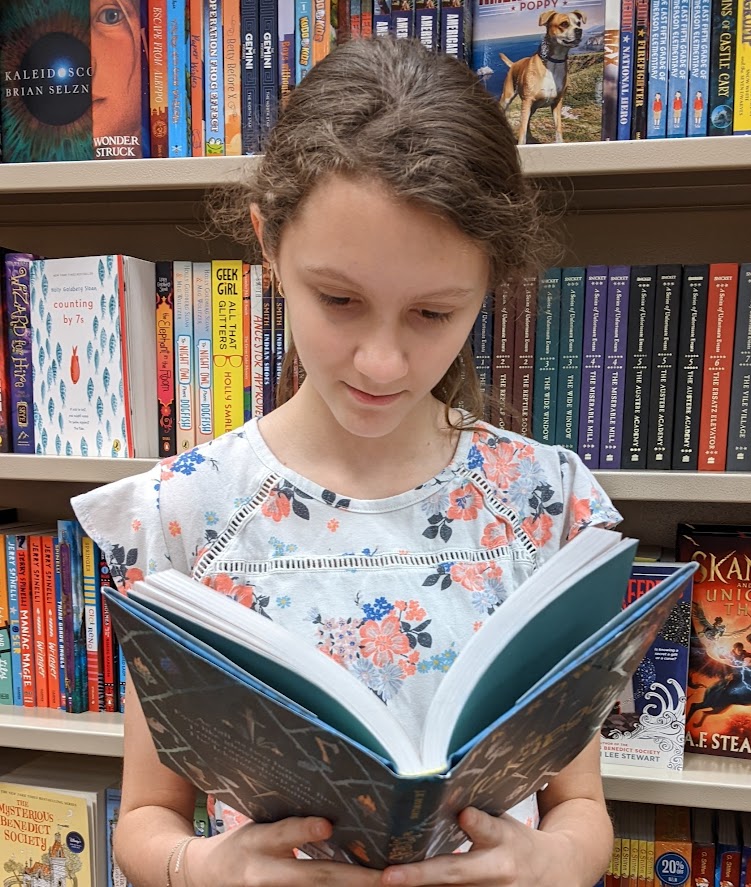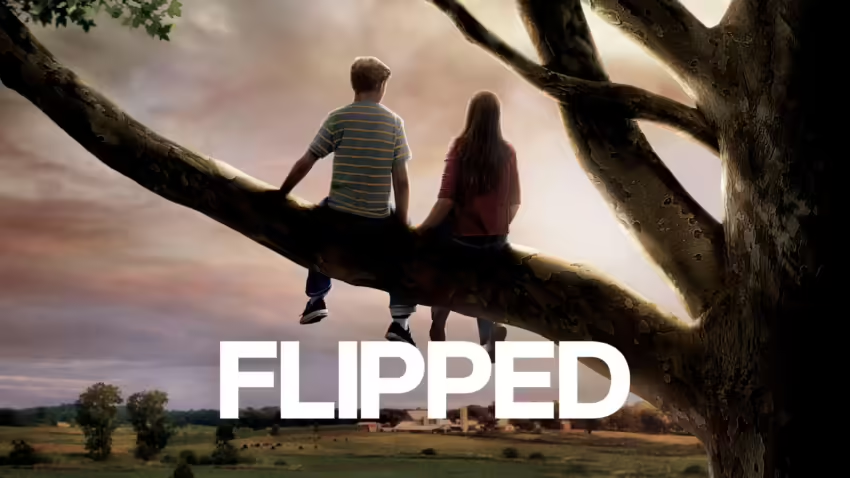Imagine you just started a story, and everything is going perfectly. Your characters are cooperating, the plot is entertaining, and you can’t wait to continue writing. The only problem? The theme you chose to convey in your story is complicated, and you have a word limit. There are so many aspects of your theme you want to explore, but if you only focus on one, your readers will end up confused, or you’ll fail to communicate the message you want to share.
Last week, Mara talked about plot complexity and we mentioned character complexity the week before that. But how do you handle a deep, complex theme? Love, true joy, and finding rest are just a few examples you could take dozens of books to write about, yet your plot and characters may not be able to stretch that far. Not to mention, we can all think of at least one TV or book series that way overstayed its welcome. So how can writers fix this problem? How can we find the perfect mix of character, plot, and theme complexity? Is there a tool we can use to balance all three?
Yes, there is. And it’s one that was heavily used in the movie Flipped.
Flipped: Bryce
Flipped follows Bryce Loski, a seventh-grade boy trying to live out his normal life in the mid 60’s. His biggest problem is Juli Baker, who hasn’t left him alone since he was seven years old. Juli has a large crush on him and hasn’t left Bryce alone since they moved in across the street. The Baker’s yard is dirty and the subject of most jokes in the neighborhood. Juli is obviously poor, and she seems to have nothing to do all day except bother Bryce. Because of this, Bryce has spent most of his time avoiding Juli and finding ways to get rid of her.
One day, Juli wins a science fair at their school. She conducted some sort of dumb experiment that had to do with hatching chicks, and she completely stole the show from Bryce’s baking soda volcano. Her chicks soon grew into chickens, who produced dozens of eggs by the week. The Bakers soon have so many eggs, they began to give some to the Loskis.
Bryce, still sour about the fair and everything else Juli had ever done to him, declares to his family that he won’t eat them. His father, a rotten man, claims the eggs probably aren’t edible anyhow since they came from such a dirty yard. And though the rest of their family argues that that’s not how salmonella works, Bryce still refuses to eat the eggs, now hiding behind the excuse of potential food poisoning.
So, when Juli comes by every week to give the Loski’s their eggs, Bryce turns right back around and quietly disposes of them before anyone can see. He does this for weeks, until one day Juli catches him in the act. They get into an argument, in which Bryce blames her messy yard for his family’s fear of being poisoned. In a fuming rage, Juli snatches the eggs from him, and doesn’t return with another batch of eggs ever again.
The next day, Bryce sees Juli hard at work in her yard, chipping away at the landscaping. His grandfather, a kindhearted man and experienced gardener, goes across the street to help her and gradually gets to know Juli better. The grandfather comes home one day and explains to the family that the Baker’s yard is only dirty because the parents are always at work and they never have enough money to pay someone else to fix it for them. Every extra cent they earn is given to Mr. Baker’s retarded brother.
Bryce suddenly realizes how wrong he was. He had believed that the Baker’s were lazy and annoying, when they were actually the exact opposite. He thought he knew exactly what was going on the inside of Juli’s life, when in reality, he was just being prejudiced.
Flipped: Juli
Now, just as the movie does, let’s consider this story from Juli’s perspective.
Ever since Juli was seven years old, she’s been madly in love with Bryce Loski. There was just something about his wonderful eyes that made her fall head over heels. Because of those eyes, Juli thinks Bryce is the kindest, most wonderful boy on her block. He only avoids her sometimes because he’s shy and afraid to show his feelings.
After winning the science fair with her adorable chicks, Juli begs her parents to let them keep the chickens, and they consent. Soon enough, her family is scrambling, frying, boiling, and mashing as many eggs as they can stomach. They have so many eggs, in fact, that their neighbors start paying Juli sixty-cents per dozen. Even after charging money for her eggs, Juli decides to start giving the Loskis eggs as well, for free. (And, if she happens to see Bryce while visiting their house, that wouldn’t be so bad either).
However, everything comes crashing down when she discovers Bryce had been tossing away her act of kindness all along. Confused and hurt, Juli runs from Bryce and gives him the silent treatment for the first time in her life. She thought Bryce was such a kind person and now…she didn’t know what to think.
Still angry about the insults she received about her yard, Juli determedly begins fixing it herself. She hesitantly accepts Bryce’s grandfather’s help when he offers, and the two begin having deep conversations as they work. Juli explains everything to the grandfather, and he advises her that ‘some people are more or less than the sum of their parts.’
This is Juli’s Aha moment. She realizes that you can’t always judge people by their clothes or their eyes, because the more important part is on the inside. And that inner heart could be better than outside, or it could be selfish, rude, and worth avoiding.
Complimentary Themes
The message of this movie is clear: Don’t judge others. This is a huge topic for a short, stand-alone movie about 7th graders, yet it works incredibly well. The message is powerful, well fleshed-out, and woven seamlessly into the story, all because they used the advantage of multiple perspectives.
Some stories tend to throw in two or three perspectives just for the fun of it, and don’t really understand how much this tool can enhance their story if done well. But when you intentionally tie your multiple perspectives to different aspects of your theme, you create a story with a message so powerful that it can elevate any story — no matter how simple the plot and premise happen to be. Juli learns you shouldn’t be fooled by the outside while Bryce learns you can’t assume what’s happening on the inside. These are two sides of the same coin, yet two sides that needed to be addressed.
If the movie was all from one character’s perspective, it wouldn’t have made sense. Imagine the story was only from Juli’s perspective and had focused on not being fooled by someone’s outside cover. The movie would end with Juli determining that Bryce was a jerk, and we’d never get to see his side of the story. In fact, the theme itself might’ve even felt half-hearted or purposeless. But since those two perspectives are there, they play off of each other well and intertwine to create one dominant, clear-cut theme.
Perspectives are the key to balancing and enhancing complicated themes. Split your story into two or more point-of-views, give each perspective an aspect of your theme to explore, and tie it all together in the end to create one clear, life-changing message that could flip your reader’s perspective forever.



Let us know in the comments:
What stories have you read that included complimentary themes through different POV’s? Have you seen a work that offered contrasting themes through multiple perspectives? And how was this article? Too sweet? Too sour? Just right?


Hello, I’m Sophia! I’m a child of God and I (if you couldn’t tell already) love to write! I’m also a total theater kid and strong dessert (specifically cupcake) enthusiast. For as long as I can remember, I’ve enjoyed both reading and making my own stories. I’m so glad I get to share with you what I’ve learned from some of my favorite (or sometimes least favorite) stories on this blog.

